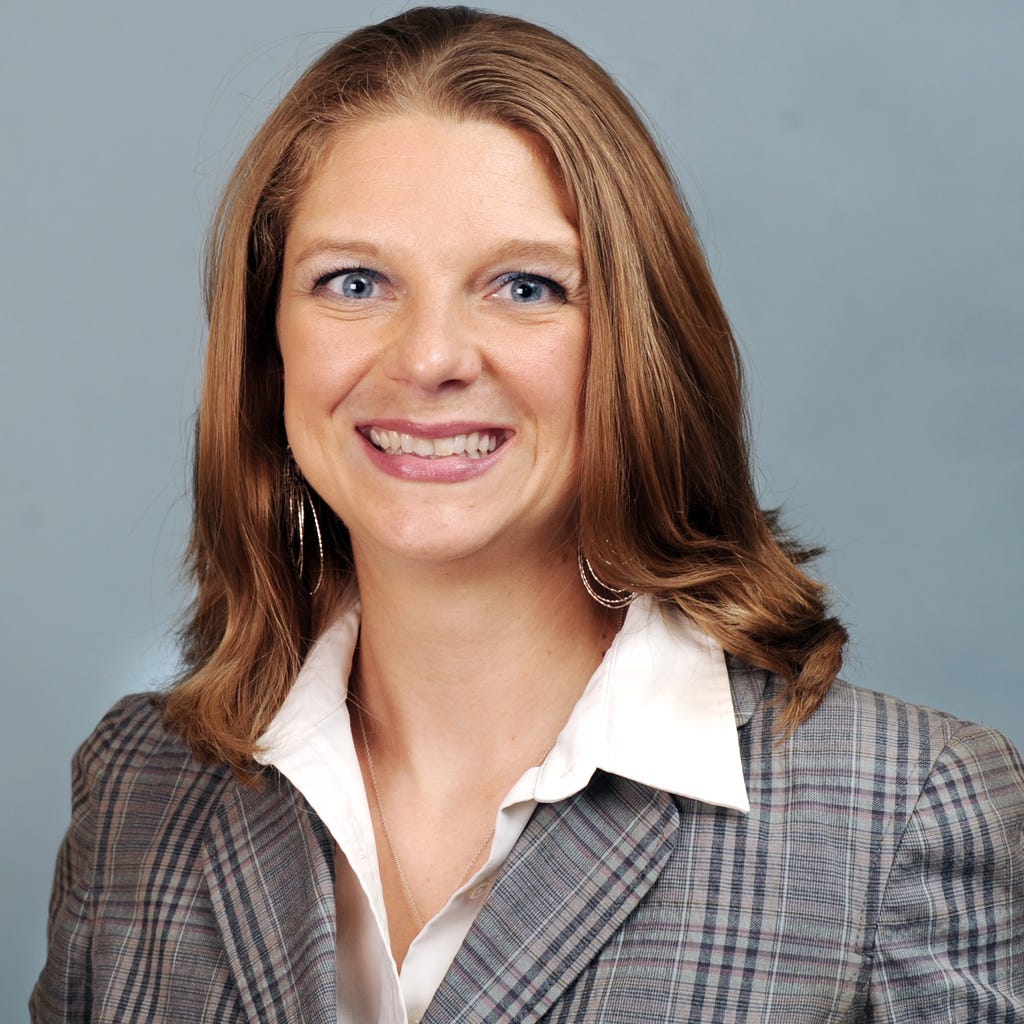Results 1 to 7 of 7
Thread Information
Users Browsing this Thread
There are currently 1 users browsing this thread. (0 members and 1 guests)
Threaded View
-
09-20-2015, 05:02 PM #1
Immigrants Seek Better Life---and Voting
Voting drives immigrants to citizenship
 Jessica Bliss, jbliss@tennessean.com 7:05 p.m. CDT September 19, 2015
Jessica Bliss, jbliss@tennessean.com 7:05 p.m. CDT September 19, 2015
Buy Photo
(Photo: Jessica Bliss / The Tennessean)
107 CONNECT 19 TWEETLINKEDIN 62 COMMENTEMAILMORE
Leticia de la Paz's family has two major motivations for pursing U.S. citizenship.
They want to move past the discrimination they feel as foreign-born residents, and they want to take part in choosing a leader who, as de la Paz says, "will care about immigrants and a better future."
She shares these sentiments through a Spanish-language interpreter, as her 25-year-old daughter, Gabriela, works through a crowded room at Nashville's Global Mall where dozens of Middle Tennessee immigrants are completing the paperwork that will put them on the path to naturalization.
"We are here in the United States to have a better life and to have better rights," says Leticia de la Paz, whose husband came to the United States in 1989 and became a citizen last year, inspiring their daughter.
For many, this is the next step.
Tennessee has one of the fastest-growing immigrant populations in the country, according to Stephanie Teatro, co-executive director of the Tennessee Immigrant and Refugee Rights Coalition. Already, more than 114,000, or nearly 38 percent of the total foreign-born population, are naturalized citizens and eligible to vote, she says. Statewide another approximately 75,000 immigrants are eligible to apply for citizenship today but haven't taken action.

For many, the desire is there but barriers — particularly financial — remain. It costs $680 to submit an application for citizenship and there can be thousands of dollars spent on an immigration lawyer to help with the paperwork. In contrast, renewing a permanent resident card, or a "green card," costs just $450. So many low-income families choose that option even though it can mean remaining ineligible for certain jobs and facing additional scrutiny, particularly when traveling.
But the local immigrant and refugee rights coalition wants to help move potential citizens past those road blocks, which is why, on Saturday, it hosted the citizenship assistance clinic where approximately 50 aspiring citizens received support to help begin the naturalization process. There, eligible citizenship seekers living below poverty level learned how to have their application fee waived. They were also walked through the application process by lawyers offering their time free of charge. The day included a legal screening and ends with instruction on how to mail in the application and find free citizenship classes.
"I love to see people who genuinely love and want to contribute to the United States get to become American citizens," says Rose Hernandez, a citizenship clinic volunteer who has worked as an immigration attorney for eight years. "It's really emotional. They are so proud."
For Cristina Corona, a 30-year-old from Guadalajara, Mexico, the clinic carried concrete value.
Two years ago, Corona began the citizenship process, hiring a local lawyer to walk her through the process. She spent $10,000, she said, and then the firm shut down and all her information was lost.
On Saturday, she started again.
Like the de la Paz family, Corona said she faces discrimination, particularly in airports where she often gets detained. She hopes having a U.S. passport will ease that. She also hopes it will help her find more job opportunities beyond working as a server in her mother's cafe on Nolensville Pike.
And there is one more motivating factor: Her mother's insistence that Corona vote. "She says all the time, 'Get out to the polls.' "
As the number of immigrant families continues to grow, so does their political power.
Immigrant voters played a vital role in the recent Nashville mayoral election, as the immigrant coalition registered hundreds of new American voters, and immigrant community members reportedly turned out to the polls in large numbers, though official voter turnout demographics are not yet available.
Nashville mayoral candidates took notice of the growing immigrant vote, as every candidate attended the local Immigrant and Refugee mayoral forum. Candidates translated campaign materials into Spanish, they visited mosques and did interviews on Spanish-language radio.

THE TENNESSEAN
Megan Barry unveils campaign website in Spanish
In contrast, the rhetoric in the national immigration debate during the early stages of the presidential campaign season has, at times, turned against immigrant communities.
"Our response is to organize," says Teatro, whose Tennessee Immigrant and Refugee Rights Coalition will continue to promote citizenship in advance of the 2016 presidential elections.
"It's about removing barriers."
Step taken."Men of low degree are vanity, Men of high degree are a lie. " David
Join our efforts to Secure America's Borders and End Illegal Immigration by Joining ALIPAC's E-Mail Alerts network (CLICK HERE)
Similar Threads
-
Feds seek life in prison for ex-mortgage boss behind $3B fra
By JohnDoe2 in forum Other Topics News and IssuesReplies: 0Last Post: 06-24-2011, 04:03 PM -
Latinos Seek Citizenship in Time for Voting!
By AmericanMe in forum illegal immigration News Stories & ReportsReplies: 2Last Post: 03-07-2008, 01:05 PM -
Latinos Seek Citizenship in Time for Voting
By CindyB in forum illegal immigration News Stories & ReportsReplies: 2Last Post: 03-07-2008, 01:09 AM -
Hispanics seek the good life in suburbs
By jimpasz in forum General DiscussionReplies: 4Last Post: 11-04-2007, 02:31 PM -
Exodus as Dutch middle class seek new life
By lost_mummy in forum illegal immigration News Stories & ReportsReplies: 1Last Post: 06-13-2005, 01:05 AM


 4Likes
4Likes LinkBack URL
LinkBack URL About LinkBacks
About LinkBacks







 Reply With Quote
Reply With Quote

PALESTINIANS COMING TO YOUR TOWN!
05-18-2024, 09:11 PM in Videos about Illegal Immigration, refugee programs, globalism, & socialism